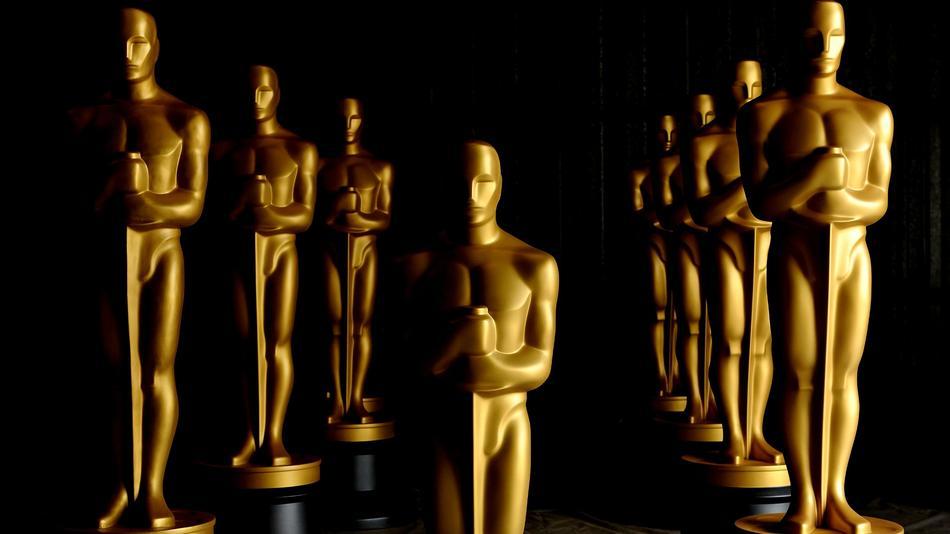Livia Tortella is the former co-president of Warner Bros. Records and founder of Black Box Media, a music branding, strategy and marketing agency.
For far too long, music’s relationship with the Oscars has been a one-way street. You can’t argue the importance of an Oscar to an artist’s career, whether it’s conferring mainstream respectability to Eminem, burnishing the legend of Elton John or Bruce Springsteen, or turning the undeniable talent of Randy Newman and Danny Elfman into solid bankability. But why is Oscar so standoffish when it comes to recognizing the importance of music in the many ways it helps define a movie or support a narrative? As much attention as this year’s song nominees have generated, there are so many standout uses of music that went unacknowledged.
Traditionally, music is the last step before the picture locks. For the filmmaker and editor, it could be a useful tool — like much-needed glue that can add substance and layers to the work. Music can be the ultimate forgiver as well as the creator of pop culture moments that stick. Yet it’s the last thought in the filmmaking process and often treated as an afterthought by the film industry.
As someone who has worked in the music business and helped produce such soundtrack brands as “Twilight” and “World War Z,” I’ve spent much of my life in the dark, devoting equal time to movie theaters and live music clubs. As a movie buff, I long for music to be part of the film’s dramatic structure and composed specifically for the work. But the old rules don’t reflect the attitudes of today. Take, for instance, the nominee for best picture “American Hustle,” which uses existing, established songs almost exclusively; or “Inside Llewyn Davis,” which evokes the early ’60s folk era with such achingly beautiful precision; or the talent of Baz Luhrmann in juxtaposing modern music against period pieces in “The Great Gatsby.” Great directors know that their choices in music tap another dimension, helping to make the point they didn’t shoot or amplify an idea that comes together in the last stages of the edit or one that was in the script from the beginning. As artists, directors understand the power that music selections have in guiding the story. And much to the chagrin of their marketing people, directors always do what is right for the movie — Oscar guidelines be damned.
In Oscar’s constant quest for pop culture relevance, music is still the last pillar to fall — with only two categories representing what has become a cottage industry. Creating categories for best soundtrack and music supervisor of the year would resonate with both the public and the industry, building Oscar’s credibility. The best original song category can’t be all things to all people. And if you consider all the brilliant, defining soundtracks of yore — “The Graduate,” “Saturday Night Fever,” “Pulp Fiction,” “O Brother, Where Art Thou?” and “Juno” among them — doesn’t it make sense that the Oscars claim these culturally significant works? If a costume designer can get an Oscar, shouldn’t a music supervisor?


